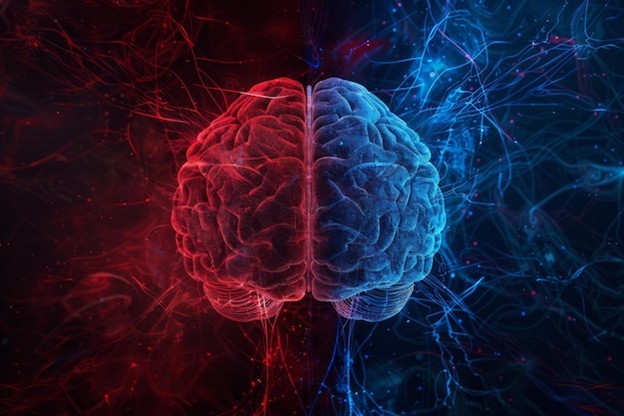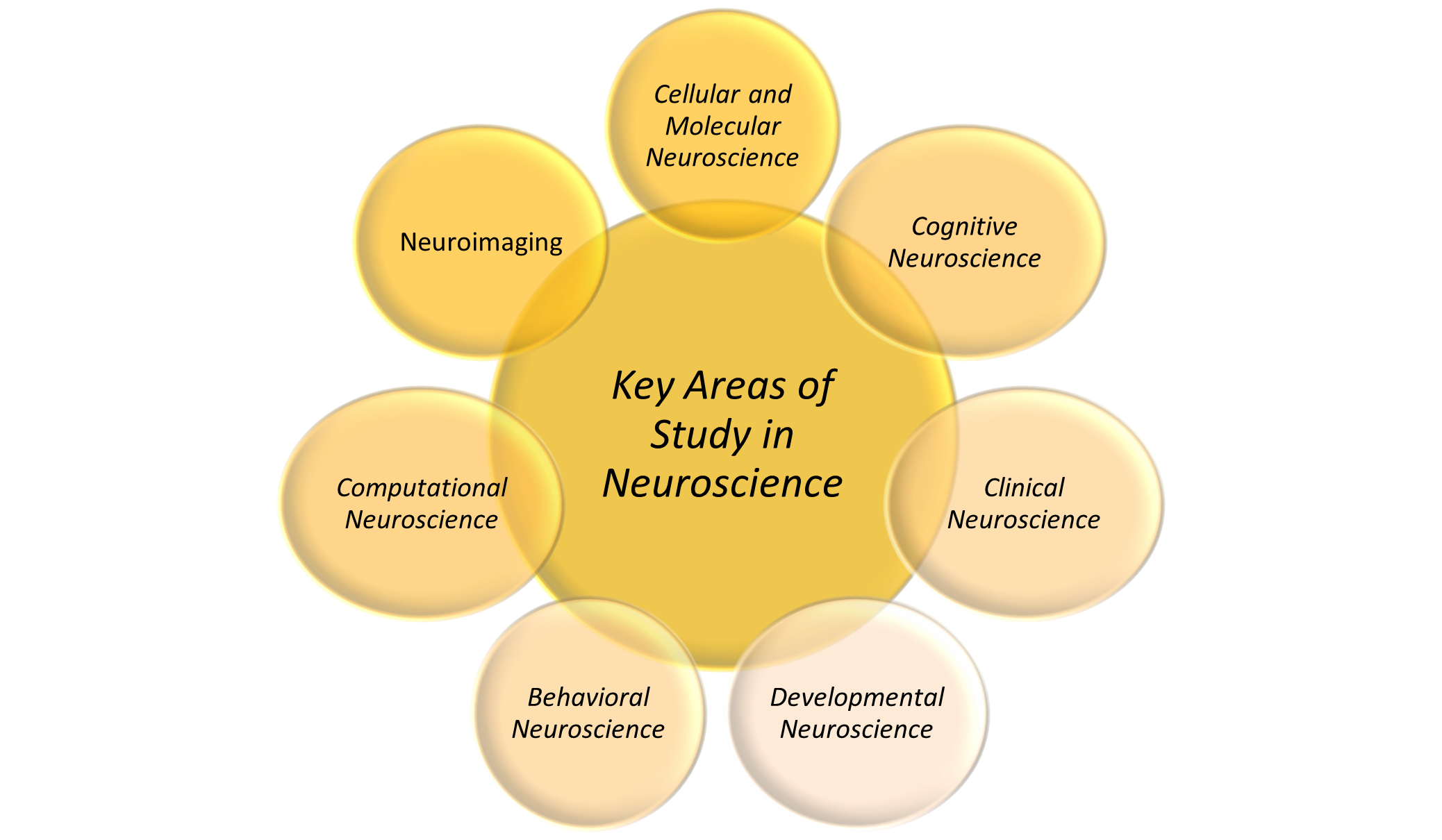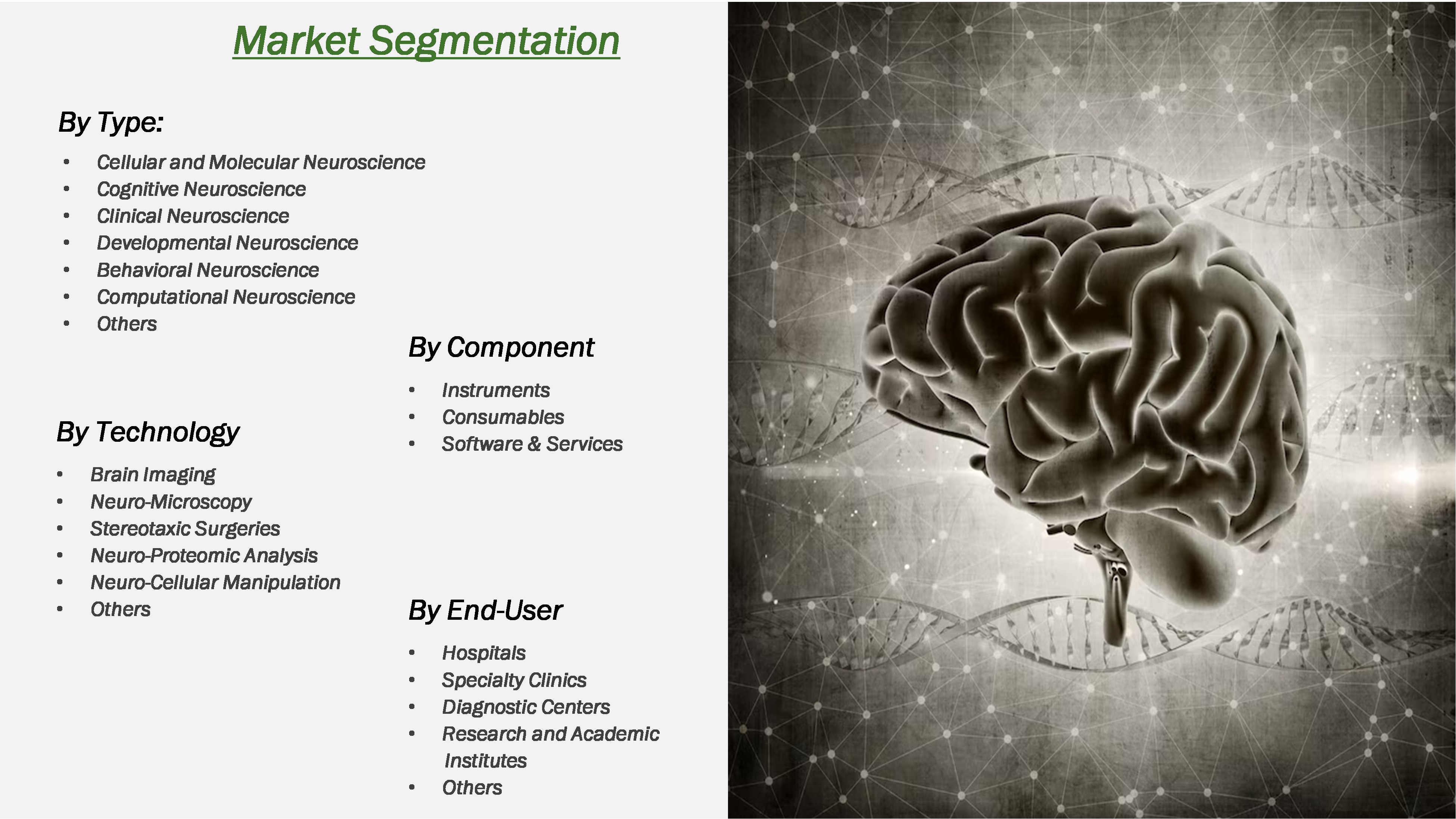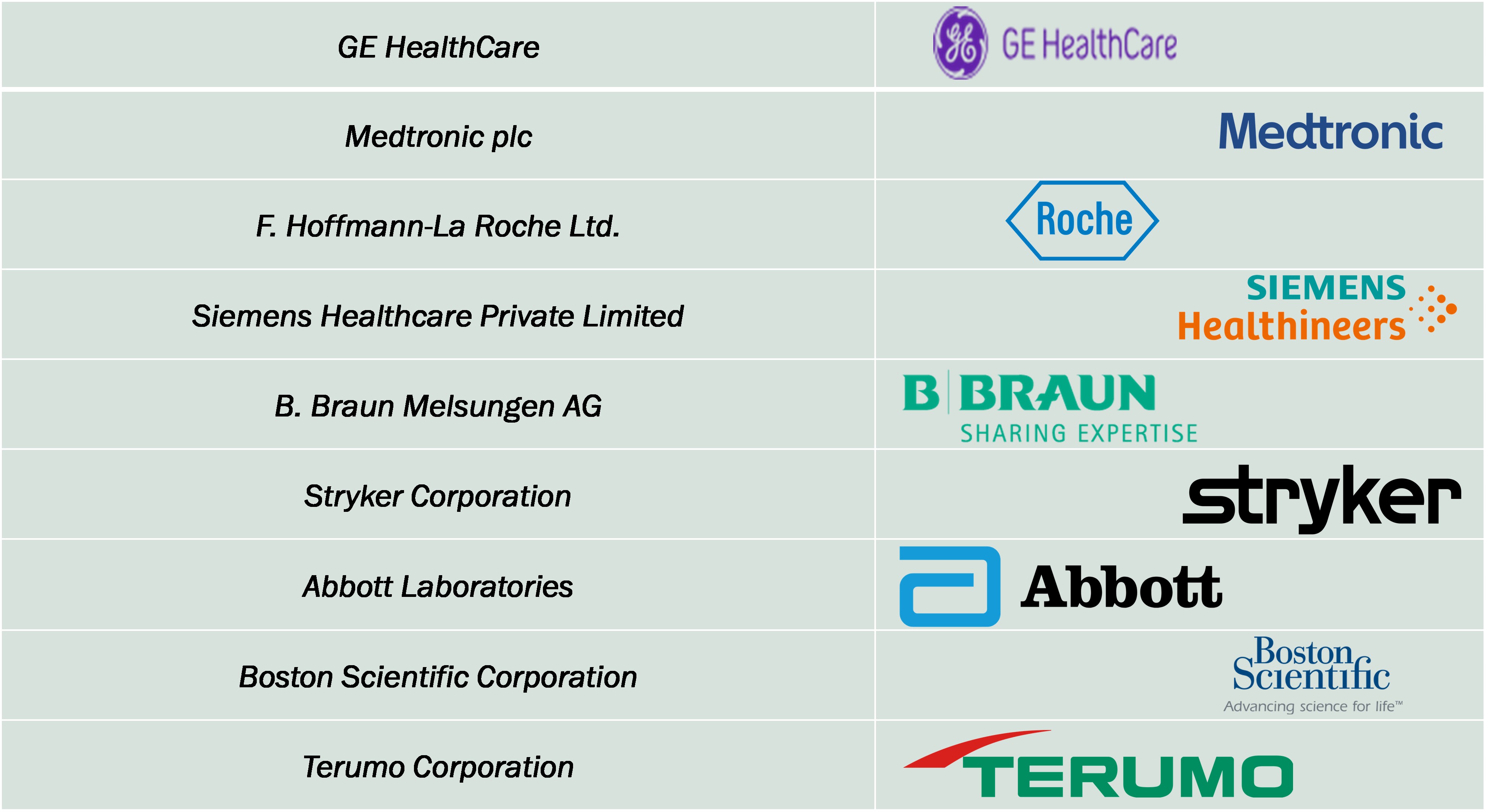
What is Neuroscience?
Neuroscience is the scientific study of the nervous system, which includes the brain, spinal cord, and peripheral nerves. It is a multidisciplinary field that seeks to understand the structure, function, development, genetics, biochemistry, and pathology of the nervous system. Neuroscience aims to uncover how the nervous system enables humans and animals to think, feel, move, and respond to their environment, as well as how it can be affected by diseases or injuries.
Over the years, the neuroscience market has grown significantly, driven by rising neurological disorders, technological advancements and increasing investments in research and development. This market includes a broad array of products and services such as brain imaging systems, neurostimulation devices, and drug discovery platforms.

Why is Neuroscience Important?
Neuroscience is crucial for understanding the complexities of the brain and nervous system, which play a central role in our health and well-being. It has practical implications for treating conditions like Parkinson's disease, autism, and multiple sclerosis, and it informs innovations in technology, psychology, and education.
Additionally, neuroscience drives innovation in fields like artificial intelligence, education, and mental health by uncovering how the brain processes information and adapts to changes. It also plays a critical role in addressing public health challenges, advancing personalized medicine, and enhancing mental and physical performance. By studying the nervous system, neuroscience helps bridge the gap between biology, psychology, and technology, making it integral to human progress.

Market Segmentation:
Emerging Trends and Technologies in Neuroscience
The field of neuroscience is undergoing rapid advancements, with new technologies and methodologies that are revolutionizing research and clinical applications:
- Artificial Intelligence and Machine Learning: AI algorithms are now being used to analyze vast amounts of brain imaging data, helping scientists identify patterns that were previously difficult to detect. These technologies are also being used in the development of brain-computer interfaces that allow people to control devices directly with their thoughts.
- For instance, in February 2024, Royal Philips introduced Smart Quant Neuro 3D, a significant advancement in objective decision support for the diagnosis and therapy assessment of brain disorders such as multiple sclerosis (MS), traumatic brain injury (TBI), and dementia. Smart Quant Neuro 3D combines Philips' AI-powered SmartSpeed image reconstruction technology, the Philips 3D SyntAc clinical application, and Synthetic MR's SyMRI NEURO 3D quantitative tissue assessment software. The integrated solution provides healthcare providers with powerful tools for increased diagnostic confidence, which ultimately benefits patients.
- Optogenetics: This cutting-edge technique uses light to control cells within living tissue. It allows neuroscientists to manipulate neural activity with high precision, offering new insights into brain function and potential treatments for neurological disorders.
- Mental Health and Neurostimulation: The global mental health crisis has led to a surge in neuroscience research focused on mental health disorders. Neurostimulation technologies, such as deep brain stimulation (DBS) and transcranial magnetic stimulation (TMS) are being used to treat mood disorders, anxiety, depression, and even severe cases of schizophrenia.
- Personalized Medicine: With advances in genomics and neuroimaging, personalized treatments for neurological disorders are becoming more common. These tailored therapies offer hope for more effective interventions in diseases like epilepsy, multiple sclerosis, and mental health conditions.
Opportunities in the Market
- AI in Neuroscience: Artificial intelligence is set to revolutionize neuroscience by enabling faster data analysis, personalized treatment plans, and the development of more accurate diagnostic tools.
- For instance, in August 2024, Natus Medical Incorporated reveiled autoSCORE, the first artificial intelligence model capable of automatically and comprehensively interpreting clinical EEG data with accuracy comparable to medical specialists. The autoSCORE application has the potential to enhance clinical outcomes and healthcare value for millions of people suffering from epilepsy.
- Expansion of Neurotech Startups: Startups focused on wearable neurotechnology, cognitive enhancement, and mental health apps are poised to play a significant role in shaping the future of neuroscience.
- Companies such as Neurable Inc., Neuralink, Halo Neuroscience among others are pioneering in BCI and neuromodulation technologies, opening new treatment avenues for neurological conditions.
- For instance, in September 2024, Neurable Inc. introduced the MW75 Neuro, smart headphones that leverage Neurable's brain-computer interface (BCI) technology to assist users obtain deeper insights into their cognitive health, control burnout, and improve everyday performance. These headphones, the first BCI-enabled consumer-grade product of their type, are poised to transform how we engage with daily technology by allowing users to regulate their health and well-being using their minds.
Competitive Landscape:
Key players include:

Conclusion
The field of neuroscience is at a thrilling crossroads, where scientific discoveries and technological advancements are coming together to unlock the mysteries of the brain. With personalized medicine, neurotechnology, and AI, the future of neuroscience looks promising, offering hope for better treatments for conditions that have long been poorly understood or difficult to manage. As research continues to evolve, the next decade could very well bring about some of the most significant breakthroughs in medical science, profoundly impacting the quality of life for millions around the world.

